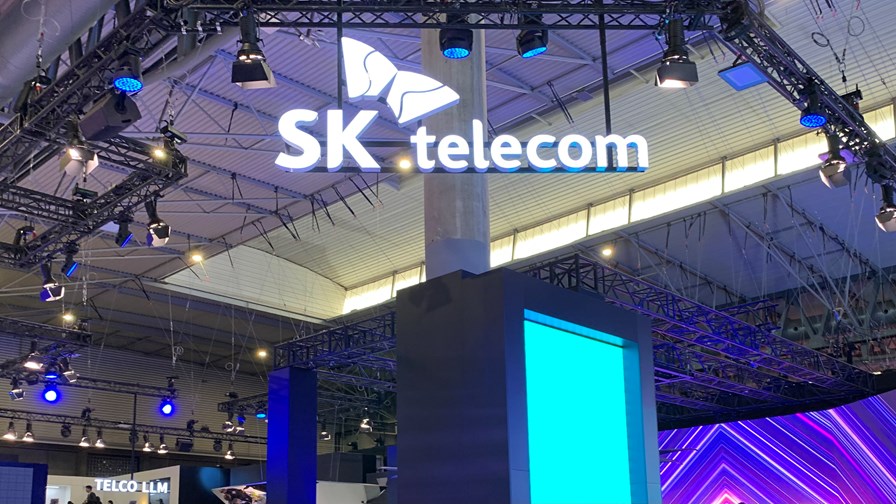
- SK Telecom’s plunge into cloud and AI-driven services appears to be paying off
- The South Korean telco is now applying those capabilities to its end-user services
- It has just announced a multi-LLM upgrade to its AI personal assistant
SK Telecom says it has smartened up the “conversational experience” on its large language model (LLM)-driven A-dot (A.) assistant service by strengthening its daily management functions through multi-agents.
“The A. overhaul ensures a more natural and convenient conversational experience as if the users are interacting with a real personal assistant,” said Kim Yonghun, vice president and head of the AI Service Business Division at SKTelecom. The AI features will be provided free of charge for the time being.
The move is one culmination of SK Telecom’s big push into cloud and AI – a move which so far appears to be working. It has reported second-quarter 2024 enterprise revenue growth of 11% “fuelled by high datacentre utilisation and increased cloud orders”, and claims to have invested more than $300m over the past year in AI and global partnership expansion. It is part of the Global Telco AI Alliance – which is developing a multilingual telco LLM – and has invested in AI startup Perplexity and even in Lambda, an AI graphics processor unit (GPU) company.
With A., SK Telecom appears to be pursuing an AI-driven version of Google’s integrated services offering but mediated by an AI-enriched personal assistant – think ‘Hey Google’ on steroids which, to be fair, is also where Google (and others) are headed with their offerings.
The SK Telecom service will offer a wide range of assistant and app functions with everything controlled and conveyed to the user through multiple, specialised LLMs.
That’s important: the more specialised your AI models, the more accurate and less likely they are to wander off to commit hilarious hallucinations (hilarinations?).
The multi-LLM agents for A. will initially include the likes of ChatGPT 3.5 Turbo, Claude Haiku and Perplexity, on the basis that each agent can offer conversational AI tailored to the user’s requirements, but also enabling he, she or it to compare responses from multiple models for the same query (the ‘it’ could conceivably be another AI agent tasked with turning the various responses into a conversational narrative).
The approach has been validated by SKT’s own experiences where it has been using the LLMs for its internal processes, such as developing a telco LLM with OpenAI and Anthropic to tackle price planning and the like. It says its internal tests showed that employee satisfaction markedly increased when using the telco LLM.
– Ian Scales, Contributing Editor, TelecomTV
Email Newsletters
Sign up to receive TelecomTV's top news and videos, plus exclusive subscriber-only content direct to your inbox.




